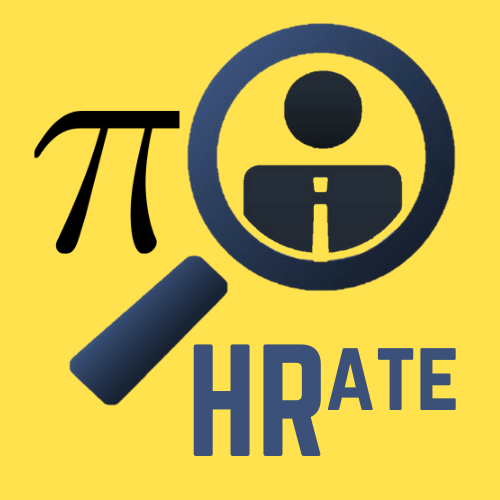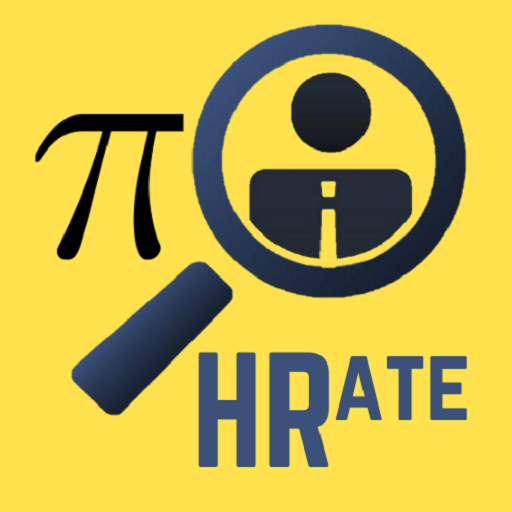Emotional Intelligence Assessment involves evaluating a candidate’s emotional intelligence, which is the ability to recognize, understand, manage, and effectively use one’s own emotions and navigate the emotions of others. This assessment is conducted through various methods, including standardized tests, situational judgment tests, or interviews, to gauge a candidate’s emotional intelligence in the context of the workplace.
Key aspects of Emotional Intelligence Assessment include:
- Self-Awareness: Assessing a candidate’s ability to recognize and understand their own emotions, strengths, and weaknesses.
- Self-Regulation: Evaluating how well a candidate can manage and control their own emotions, particularly in challenging or high-pressure situations.
- Motivation: Assessing a candidate’s level of intrinsic motivation, drive, and resilience in pursuing goals.
- Empathy: Gauging a candidate’s ability to understand and share the feelings of others, demonstrating empathy and interpersonal sensitivity.
- Social Skills: Evaluating a candidate’s interpersonal skills, including communication, conflict resolution, and the ability to build and maintain relationships.
Emotional Intelligence Assessment is valuable in recruitment processes, especially for roles that require effective communication, teamwork, leadership, and the ability to navigate complex social dynamics. Candidates with high emotional intelligence are often better equipped to handle interpersonal challenges, collaborate effectively, and contribute positively to a healthy workplace culture. The assessment can be incorporated into interviews or conducted separately using validated tools to provide a more comprehensive understanding of a candidate’s emotional intelligence.



